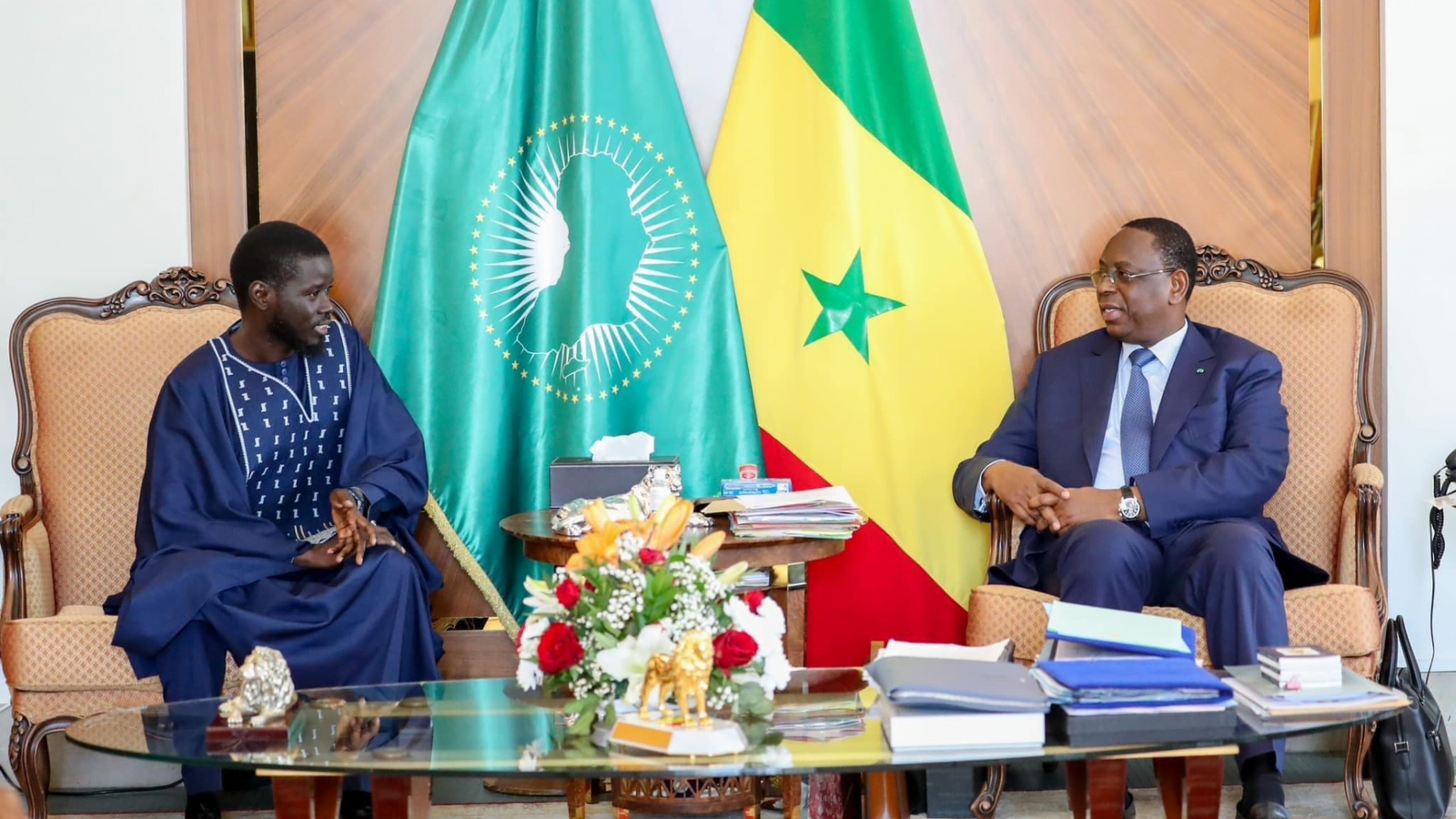
The proposed amnesty law, initiated by President Macky Sall in an effort to ease political tension before his departure from power, is currently being considered in the National Assembly. After the President received the report on the conclusions of the national dialogue, the parliamentary machine was set in motion. In line with this, members of the Commission on Laws, Decentralization, Labor, and Human Rights are called to meet today, Tuesday, March 5th, 2024, to examine draft law number 05/2024 on amnesty. This will be followed by a plenary session.
The events from February 2021 to February 2024 will be erased from history, as the proposed legislation will automatically pardon all crimes, including those considered criminal or deemed punishable by correctional measures, committed in Senegal or abroad during this time period.
This means that no judicial proceedings will be taken against those involved in these events.President Sall has made good on his promise to enact an amnesty law. According to the proposed law, this is being done in order to promote political and social harmony, strengthen national cohesion, and bolster the national dialogue. Additionally, it will allow individuals who have had run-ins with the law to fully participate in the democratic process.
The official text of the law also notes that the intention of the legislator has always been to encourage democratic exercise in a context of dialogue and political openness. This has historically been reflected in laws granting amnesty for crimes related to political conflicts. Some individuals have been convicted for these crimes and have faced restrictions or penalties on their rights to vote and run for office. The current draft law is designed to grant amnesty for all such crimes committed between 2021 and 2024.In the proposed text, it is also stated that legislators have historically preferred to grant a general and anonymous amnesty, with a broad scope of application, which does not consider the specifics of the crimes committed. The new law is expected to restore civic and political rights to those who have lost them as a result of previous convictions.
The draft law states that “all crimes with the potential to be classified as criminal or correctional, committed between February 1st, 2021 and February 25th, 2024, both in Senegal and abroad, related to demonstrations or with political motivations, regardless of whether their authors have been tried or not, will automatically be granted amnesty.” Furthermore, the law would entail the “complete dismissal of all main, accessory and supplementary penalties, as well as the removal of all restrictions, exclusions, incapacities and deprivations of rights attached to the pardon.
“The proposed law also specifies that the pardon does not harm the rights of third parties. Coercive imprisonment may only be exercised against convicts who have received amnesty if requested by the victims of the crime or their successors. Moreover, appeals related to the application of this law will be judged by the Second Chamber of Accusation of the Court of Appeal in Dakar, in accordance with article 735 of the Penal Code.
Lastly, the law makes it illegal for judicial officers or civil servants to mention or maintain, in any form, records relating to convictions, deprivations, exclusions, incapacities, and restrictions of rights associated with a pardon, except for provisions specified in article 3 of the law. Nevertheless, judgments or orders, as well as decrees, resolutions, and decisions made within the framework of public service or national honours, are not subject to this prohibition when deposited in court registries or the National Archives.
In conclusion, the proposed amnesty law aims to restore peace, promote dialogue and reconciliation, and give individuals a second chance to participate in the democratic process. However, some critics argue that this law may be used to absolve individuals involved in corrupt acts or human rights violations from their responsibilities, and its implications should be carefully considered by the National Assembly before its implementation
—-
Brought to you by Senegal English Media Group


